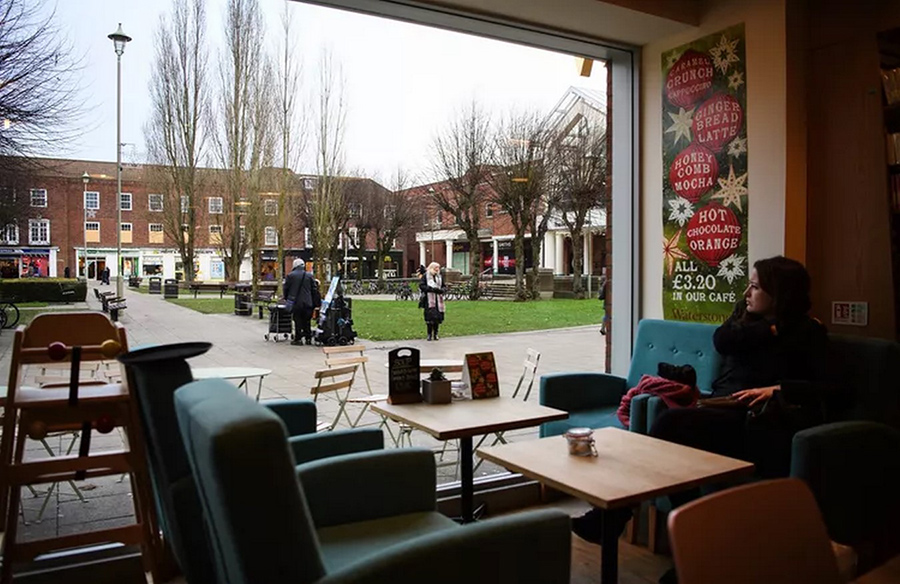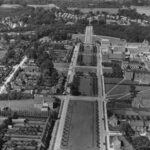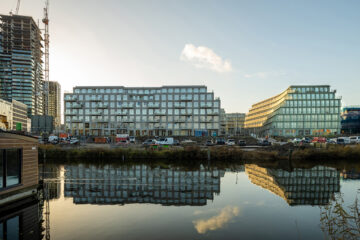Reviving the Garden City Movement: A Blueprint for Modern Urban Living

Rediscovering Welwyn Garden City: A Testament to Visionary Design
In a recent exploration of England’s Welwyn Garden City, Lisa Jo Rudy, a contributor to Treehugger, referred to it as “an ordinary suburb.” However, a deeper examination reveals the extraordinary vision of Ebenezer Howard, the British urban planner behind Welwyn Garden City. Howard’s innovative concepts have sparked a renewed interest in the garden city movement, urging us to reconsider its relevance in shaping a sustainable post-pandemic world.
A Call for Renewal: The Need for a Modern Garden City Movement
Nathan J. Robinson, in a compelling article for Current Affairs, echoes the sentiment, advocating for a revival of the garden city movement. Quoting Richard Morrison of The Times, Robinson highlights Welwyn Garden City as a beacon of hope amidst contemporary housing challenges. This call for renewal prompts us to explore how garden city principles can inform contemporary urban development.
Principles of the Garden City: Building Sustainable Communities
Referencing the 2014 document “New Towns and Garden Cities: Lessons for Tomorrow,” the essence of a garden city is unveiled. Rooted in holistic planning, garden cities prioritize environmental enhancement, affordable housing, and vibrant communities. Key principles include land value capture, community ownership, mixed-tenure housing, and accessible local employment. These principles lay the foundation for creating inclusive and sustainable urban spaces.
Toward Greener Horizons: Modern Interpretations of Garden Cities
Building upon Howard’s vision, contemporary interpretations of garden cities emphasize sustainability and connectivity. Integrating zero-carbon technologies, green infrastructure, and diverse transportation options, modern garden cities embody ecological resilience. Concepts like the 15-minute city align with Howard’s vision, fostering self-sufficient communities within a short radius. Moreover, initiatives like Bitcoin City demonstrate the continued relevance of garden city ideals in fostering social change.
Embracing Change: The Role of Technology and Adaptation
The advent of the third industrial revolution has reshaped traditional notions of work and urban living. The COVID-19 pandemic accelerated remote work trends, prompting a reevaluation of urban lifestyles. As traditional office-centric models evolve, garden cities offer an alternative paradigm. By leveraging high-speed rail networks and modern communication technologies, garden cities can provide a desirable blend of urban amenities and rural tranquility.
Looking Ahead: Reinventing Urban Living for the 21st Century
In envisioning the future of urban living, Ebenezer Howard’s vision remains relevant and inspiring. By harnessing contemporary innovations and embracing sustainable principles, we can reimagine the garden city for the modern era. As cities evolve, garden cities offer a compelling model for fostering vibrant, resilient, and equitable communities. With creativity and commitment, the garden city movement can shape a more sustainable and livable future for generations to come.

































